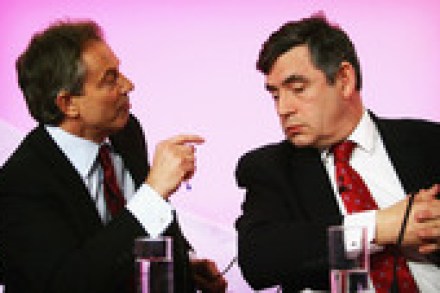Just in case you missed them…<br />
…here are some of the posts made at Spectator.co.uk over the weekend. Fraser Nelson examines the budget’s bombshells, and illustrates why Vince Cable is not too sexy for his party. James Forsyth says there’s another entry in the Blair and Brown saga, and argues that the Iranian opposition mocks Ahmadinejad’s rhetoric. Peter Hoskin wonders if Baroness Scotland is finished, and asks if George Osborne is worth it. David Blackburn is surprised that the Liberal Democrats seem not have learnt from the failure of their ‘Decapitation strategy’, and thinks that is a moment of dilemma for the Liberal Democrat. Clive Davis profiles Alan Clark. Rod Liddle ponders the connections between smoking
















